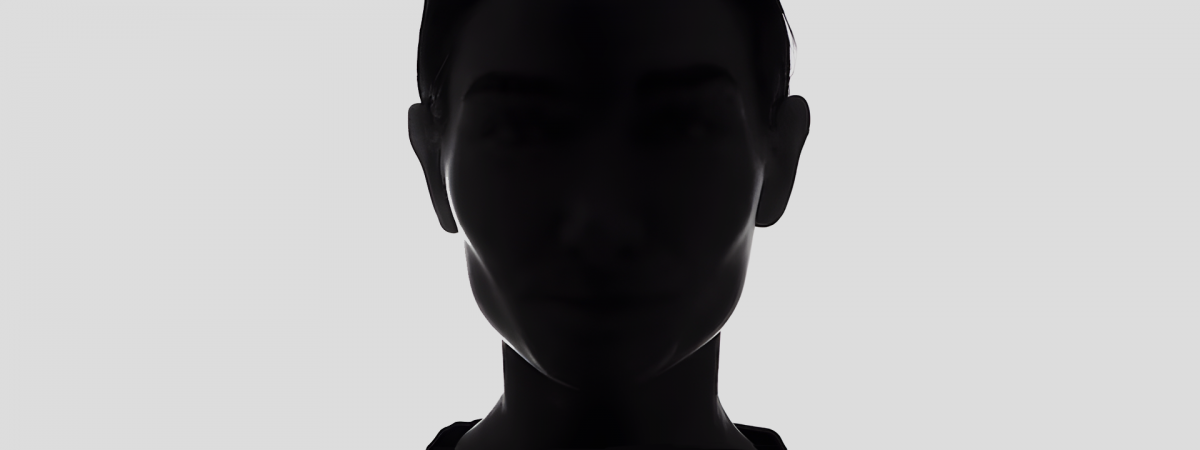In the early 1960’s my mother began to study the beliefs of Jehovah’s Witnesses with the woman who lived next door. She was at a low ebb. My father had recently had another nervous breakdown, and she felt she had nowhere to turn. Jehovah’s Witnesses offered a false hope to a frightened woman, and she still clings to that fallacy today at 98. I was about 4 when she started attending meetings. My father was a Catholic and was not impressed with the neighbour’s beliefs. I was the first child of this union, but they had both been married before and had brought two other children into this unit. My older brother from my father and my older sister was my mother’s first child. WWII brought disease and death to their previous marriages. I think I was about 8, my sister 12, and my elder brother 16 when the family collapsed. My younger brother was about 4.
One night around Christmas, my mother removed her three biological children from the family home. My father had wanted to celebrate Christmas and had decorated the house. My mother believing this was a pagan festival, refused to participate as she had done in previous years. She took us during the night to a neighbour’s home. It was years before I saw my father again.
She continued with the guilt and fear-inducing beliefs. At 14, I was baptised as a Jehovah’s Witness, not knowing any other ways of being and fearing that I would be destroyed by Jehovah imminently unless I submitted. I married a brother in a local congregation at 19 in 1974, just before the expected world collapse. We quickly had two children.
I left that family home at 27. I went to University and studied Law, Journalism and History. I was fortunate to get a good job and to work across the globe within and between communities.
I am now 68, so for over 40 years, I have experienced and know well the multiple elements, attitudes and behaviours that make up shunning by Jehovah’s Witnesses. At first, I believed the rhetoric that it was my choice to leave; therefore, I must accept the consequences. For a few years, I lowered my eyes if I saw someone who had been a friend. I obeyed the rules of no unnecessary contact or communication with relatives. I was not disfellowshipped, and as far as I know, I never have been subjected to that public humiliation of having your name announced in a Kingdom Hall.
My mother at first shunned me with anger and the cold shoulder. She told my small daughter to stop speaking to me as this might prompt me to return to the flock. It never did. My daughter stopped attending meetings at 14, and her father has shunned her since. This has caused her a lot of unnecessary pain. My son left at 19. He was living with his father, who had remarried. When he voiced his intention to no longer be a JW, his father deposited his clothes on the front doorstep for him to collect. He went to live with his future wife’s parents, who treated him kindly and respectfully. His father has limited contact.
When I was about 45, my sister’s son was found dead. I went to the funeral. The service barely mentioned the lad, who was only 19. The focus was on obedience. The child no longer wanted to be a JW. Obeying the rules, his parents told him to leave the family home, and shunning began. My sister had a kind heart and broke the rules to see her son. He would secretly bring his washing. She was heartbroken when he was found dead. He had none of the basic skills for navigating life.
Shunning meant I did not know till later what had happened to him. He could have turned to me if I had been allowed to be a family member. Fear and rejection do not provide an easy landscape for those newly leaving and experiencing ostracism.
I heard that there was an argument within the congregation. The parents wanted a funeral service in their local Kingdom Hall. A few Elders were against allowing the funeral to occur as a JW service because the boy had recently left.
My sister’s husband, also an Elder, argued that whoever wanted to attend should be allowed, and that is what happened. It split the congregation. Not long after, the family moved congregation because of the unkindness and lack of love shown to them and their son.
In my late 50s, after half a lifetime of shunning and minimal contact from my family, my mother called me to tell me my sister was dying. I live in a different country from them, so I travelled by plane and went and spent a week cleaning her home and getting it ready for her to come home from the hospital. Her husband had died about 18 months before. I spent nights holding her hand in a chair as we slept fitfully. Her three daughters came one afternoon and ignored me as they obeyed the rules. My sister died a year later.
Two years after she died, one of her daughters contacted me, apologised for her behaviour, and left the JW’s. Her two siblings are also now free of daily indoctrination, but not the shame. It has been a difficult transition for them as they no longer have living parents. Their sadness and pain have been compounded by mandated shunning by the congregation from their grandmother (my mother) and my younger brother (their uncle). Generational shunning is a crime that continues.
Mandated shunning has affected my family to its detriment, causing early death, unnecessary dislocation, fractured familial bonds, and uncalled-for shame. It is mandated abuse.

